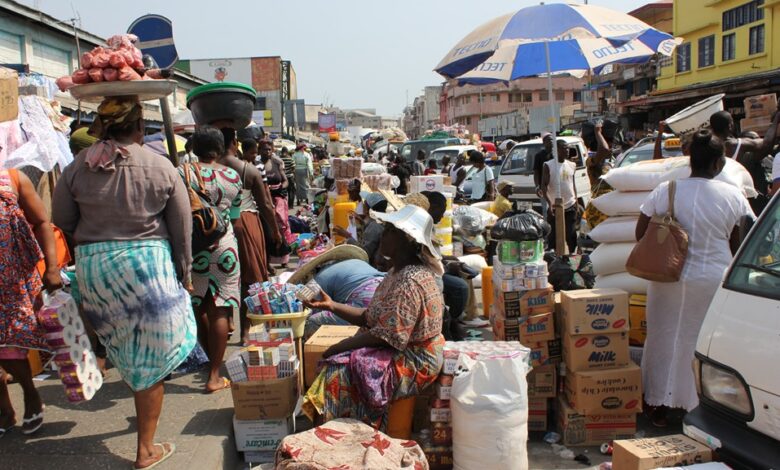Restructuring, Fiscal Discipline Hold Key to Ghana’s Debt Outlook — World Bank

Despite remaining at high risk of debt distress, Ghana’s public debt is still considered sustainable in the medium term if the country completes its ongoing external debt restructuring and delivers on planned fiscal consolidation, the World Bank has said.
This was highlighted in the 9th Ghana Economic Update, launched in Accra on Wednesday under the theme “Addressing Labor Market Challenges and Opportunities in Ghana’s Economic Landscape.”
The report notes that while borrowing will, for now, be largely confined to domestic sources, government is working to lengthen the maturity profile of treasury bills in the short term and cautiously regain access to some external commercial borrowing in the medium term.
Debt Journey Since 2016
Ghana’s debt profile has worsened significantly over the past eight years. In 2016, total public debt stood at about GH¢122 billion (72% of GDP). By the end of 2019—before the COVID-19 pandemic—it had climbed to GH¢218 billion (62% of GDP), reflecting both higher borrowing and a rebasing of GDP.
The pandemic years saw an aggressive rise in borrowing to finance health spending, social interventions, and stimulus programmes. By December 2022, public debt had surged to over GH¢576 billion, representing about 93.5% of GDP, triggering Ghana’s default on most of its external debt obligations.
In 2023, debt levels eased slightly following the Domestic Debt Exchange Programme (DDEP) and the suspension of certain external debt payments as part of the ongoing restructuring talks with bilateral and commercial creditors. As of mid-2024, Ghana’s public debt stood at around GH¢658 billion (circa 70% of GDP), buoyed by currency effects and continued reliance on short-term domestic instruments.
Cautious Path Ahead
The World Bank emphasises that achieving debt sustainability will hinge on two factors—fiscal consolidation driven by both revenue mobilisation and expenditure controls, and a successful conclusion to external debt restructuring talks.
It also warns against heavy dependence on short-term T-bills, noting that while they provide quick financing, they come at high rollover risks. Extending maturities could help stabilise the domestic debt market and ease refinancing pressures.
The Ghana Economic Update, an annual World Bank publication also focuses this year on job creation challenges, stressing that without a stable macroeconomic environment and prudent debt management, the country’s ability to generate sustainable employment for its young population could be severely constrained.




